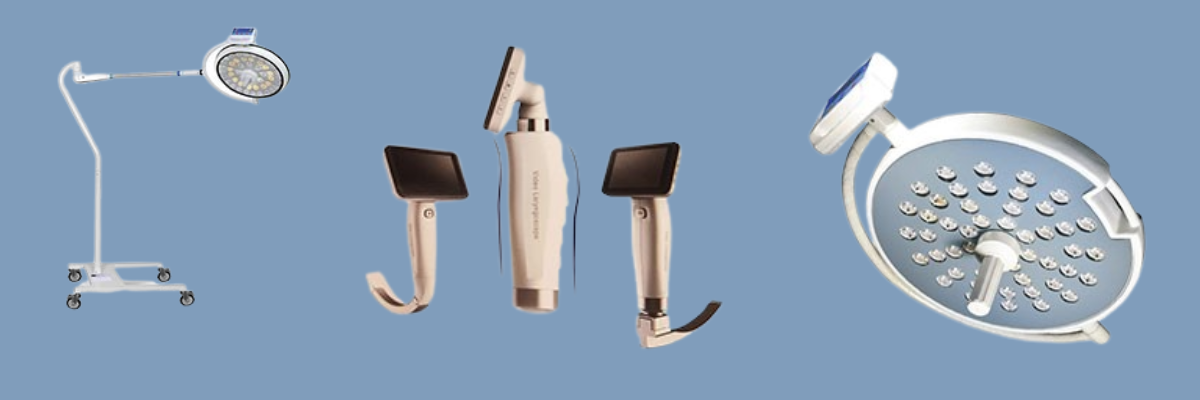The Latest Trends in Operation Theatre Equipment

The Latest Trends in Operation Theatre Equipment, the field of surgery is continually evolving, driven by advancements in technology, changes in patient needs, and the ongoing quest for improved outcomes. Operating theatres are at the heart of this evolution, serving as the critical environments where life-saving procedures are performed. As we step into a new era of healthcare, it’s important to stay informed about the latest trends in operation theatre equipment.
Integration of Advanced Imaging Technologies
One of the most significant trends in operation theatreequipment is the integration of advanced imaging technologies. Procedures requiring real-time visualization are increasingly leveraging tools like intraoperative MRI, CT, and ultrasound imaging. These technologies allow surgeons to make informed decisions during surgery, ensuring better outcomes and less invasive procedures. Additionally, augmented reality (AR) and virtual reality (VR) are making their way into operating theatres. By overlaying imaging data onto a surgeon’s view, AR helps in navigating complex anatomical structures, while VR can aid in surgical training.
Enhanced Surgical Navigation Systems
Surgical navigation systems are becoming more sophisticated, incorporating GPS-like technology to assist surgeons during procedures. These systems provide high-precision guidance, translating imaging data into actionable information during surgery. With advancements in machine learning and artificial intelligence (AI), these navigation systems can analyze vast amounts of data to offer insights that help improve surgical performance and reduce complications.
Compact and Modular Operating Rooms
The shift towards compact and modular operating rooms is gaining momentum. These designs not only optimize the use of space but also facilitate faster setup and turnaround times between surgeries. Modular operating theatres can be customized to fit the specific needs of different types of surgeries, promoting efficiency in workflow. Additionally, this flexibility can be crucial in times of increased demand, such as during a pandemic or public health crisis.
The Rise of Robotic-Assisted Surgery
Robotic-assisted surgery continues to be a game changer in modern operating theatres. The latest generation of robotic systems offers enhanced dexterity, precision, and control, allowing surgeons to perform complex procedures with minimal invasiveness. Innovations like haptic feedback and improved imaging capabilities are making robotic surgeries more intuitive, enhancing the overall surgical experience for both the surgeon and the patient.
Smart Operating Theatres
The concept of ‘smart’ operating theatres is gaining traction, driven by the Internet of Things (IoT) and advanced data analytics. Smart theatres are equipped with interconnected devices that communicate with each other, allowing for better monitoring, scheduling, and supply management. For instance, real-time data can help manage equipment availability, track surgical instruments, and ensure compliance with sterilization protocols, ultimately improving efficiency and patient safety.
Sustainability in Surgical Practices
As sustainability becomes a global priority, many healthcare facilities are adopting greener practices within their operating theatres. This includes the use of eco-friendly materials, energy-efficient equipment, and waste reduction strategies. Advanced sterilization methods that minimize chemical usage and disposable products designed for reusability are part of this trend. Sustainability not only benefits the environment but also fosters a culture of responsible healthcare.
Conclusion
The latest trends in operation theatre equipment reflect a healthcare landscape that is more advanced, efficient, and patient-centered than ever before. As technology continues to evolve, it’s essential for healthcare facilities to stay abreast of these trends and invest in modern equipment that can bolster surgical outcomes and improve patient care. With these advancements, the future of surgery is not only about precision instrumentations and techniques but also about creating environments that resonate with compassion, sustainability, and innovation. As we move forward, these trends will define the standards of care and shape the surgical experiences of tomorrow.







